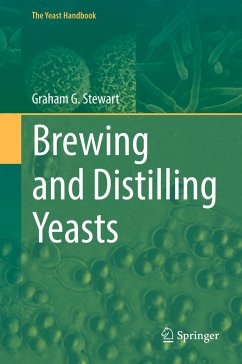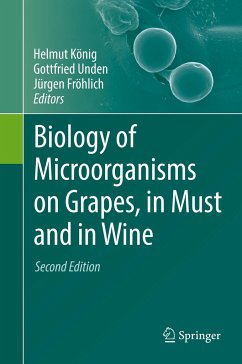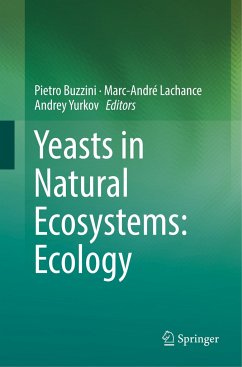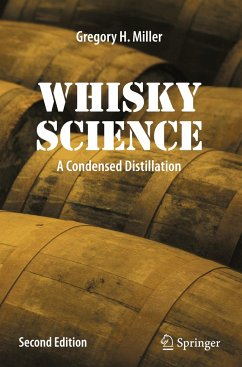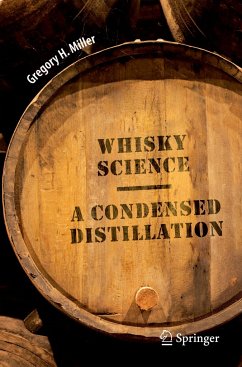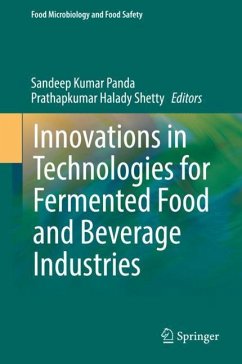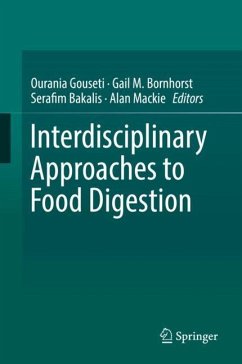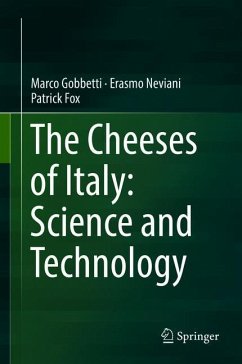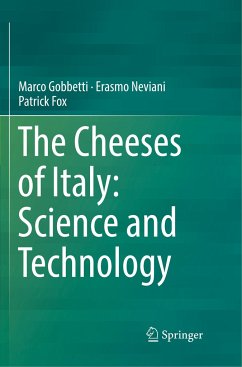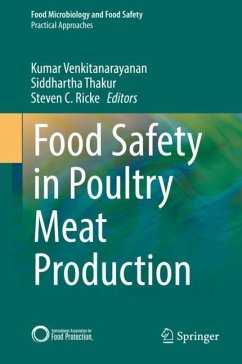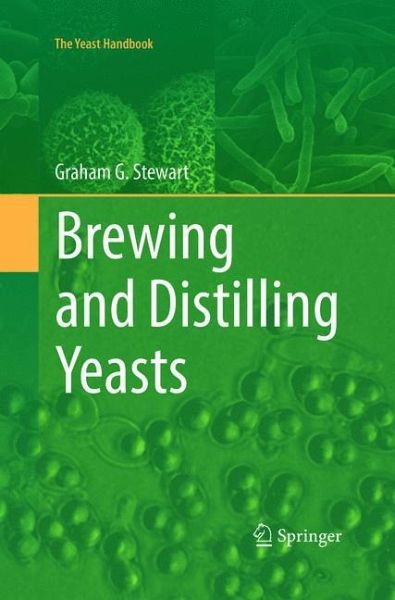
Brewing and Distilling Yeasts
Versandkostenfrei!
Versandfertig in 6-10 Tagen
211,99 €
inkl. MwSt.
Weitere Ausgaben:

PAYBACK Punkte
106 °P sammeln!
This book is an overview considering yeast and fermentation. The similarities and differences between yeasts employed in brewing and distilling are reviewed. The implications of the differences during the production of beer and distilled products (potable and industrial) are discussed. This Handbook includes a review of relevant historical developments and achievements in this field, the basic yeast taxonomy and biology, as well as fundamental and practical aspects of yeast cropping (flocculation), handling, storage and propagation. Yeast stress, vitality and viability are also addressed toget...
This book is an overview considering yeast and fermentation. The similarities and differences between yeasts employed in brewing and distilling are reviewed. The implications of the differences during the production of beer and distilled products (potable and industrial) are discussed. This Handbook includes a review of relevant historical developments and achievements in this field, the basic yeast taxonomy and biology, as well as fundamental and practical aspects of yeast cropping (flocculation), handling, storage and propagation. Yeast stress, vitality and viability are also addressed together with flavor production, genetic manipulation, bioethanol formation and ethanol production by non-Saccharomyces yeasts and a Gram-negative bacterium. This information, and a detailed account of yeast research and its implications to both the brewing and distilling processes, is a useful resource to those engaged in fermentation, yeast and their many products and processes.



